Guide to Finding Joy in Everyday Life
Discovering Your Passions: Fueling Your Inner Fire

Uncovering Hidden Talents
Discovering your passions isn't always about identifying something grand or extraordinary; it's often about recognizing the small, everyday activities that bring you joy and a sense of fulfillment. Taking the time to reflect on your hobbies and interests, even those that seem insignificant, can reveal hidden talents and aptitudes you never knew you possessed. This introspection can lead to a deeper understanding of your intrinsic motivations and desires, ultimately paving the way for a more meaningful and fulfilling life.
Exploring Different Avenues
Don't limit yourself to the familiar. Actively seek out new experiences and explore different avenues of interest. This could involve trying a new sport, learning a new language, or volunteering for a cause you care about. Each new experience, no matter how seemingly small, can unlock a dormant passion or spark a previously unrecognized interest. Stepping outside your comfort zone can be incredibly rewarding and lead to unexpected discoveries.
Embracing Intrinsic Motivation
Your passions aren't always about external validation or recognition. Often, they are deeply rooted in your intrinsic motivations and personal values. Focusing on what truly matters to you and what brings you a sense of purpose and fulfillment is key to discovering your passions. This internal compass will guide you towards activities that resonate with your core values and align with your personal vision for the future.
Cultivating Self-Awareness
Self-awareness is crucial in the journey of discovering your passions. Understanding your strengths, weaknesses, values, and beliefs allows you to identify activities that truly resonate with you. Recognize that your passions may evolve and change over time as you grow and learn. Being open to this evolution is essential for maintaining a connection to your interests and purpose.
The Power of Reflection
Regular reflection is paramount in the process of discovering your passions. Taking time to analyze your experiences, emotions, and thoughts allows you to identify patterns and connections that might otherwise go unnoticed. This thoughtful introspection will help you identify the activities that bring you the most joy and fulfillment. Regular journaling or mindfulness practices can be powerful tools in this process.
Connecting with Others
Don't underestimate the power of connecting with others who share similar interests. Engaging in conversations, attending workshops, or joining clubs related to your potential passions can provide valuable insights and inspiration. Surrounding yourself with like-minded individuals can foster a sense of community and encourage you to explore your interests further. This supportive network can provide valuable feedback and encouragement throughout your journey of self-discovery.
Self-Care: Prioritizing Your Well-being
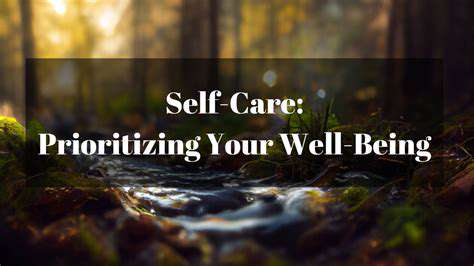
Prioritizing Physical Health
Taking care of your physical health is fundamental to overall well-being. This involves a multifaceted approach that includes a healthy diet, regular exercise, and sufficient sleep. A balanced diet rich in fruits, vegetables, and lean proteins provides the necessary nutrients for optimal bodily function. Regular physical activity, whether it's a brisk walk, a gym session, or a yoga class, helps maintain physical fitness and reduce the risk of chronic diseases. Adequate sleep is crucial for physical recovery and cognitive function, allowing your body to repair and rejuvenate.
Getting enough sleep is essential for physical and mental restoration. Aim for 7-9 hours of quality sleep each night to allow your body to repair tissues and replenish energy stores. Also, consider incorporating stress-reducing activities into your daily routine. These could include meditation, deep breathing exercises, or simply spending time in nature.
Mental Well-being and Emotional Regulation
Mental well-being is just as crucial as physical health. It involves recognizing and managing your emotions, fostering positive relationships, and engaging in activities that bring you joy. Cultivating a supportive network of friends and family can provide emotional stability and a sense of belonging. Engaging in hobbies and activities that spark your interest can boost your mood and provide a sense of accomplishment.
Taking time for activities you enjoy, even if it's just for a few minutes each day, can make a significant difference in your mental health. This could involve reading, listening to music, spending time in nature, or pursuing a creative hobby. Regular self-reflection can help you understand your thoughts and emotions more deeply, allowing you to manage them effectively.
Mindfulness and Stress Management
Incorporating mindfulness into your routine can significantly improve your ability to cope with stress. This involves paying attention to the present moment without judgment. Mindfulness practices, such as meditation or deep breathing exercises, can help reduce feelings of anxiety and promote emotional regulation. Try incorporating these practices into your daily routine, even if it's just for a few minutes.
Stress is an unavoidable part of life, but learning to manage it effectively is crucial for maintaining well-being. Identifying your stressors and developing healthy coping mechanisms is essential. These mechanisms could involve exercise, spending time in nature, or engaging in hobbies that bring you joy. Remember, taking care of your mental and emotional health is an ongoing process that requires consistent effort and self-awareness.
Read more about Guide to Finding Joy in Everyday Life
Hot Recommendations
-
*Guide to Managing Gout Through Diet
-
*Best Habits for Financial Well being
-
*How to Build a Routine for Better Mental Health
-
*How to Eat Healthy on a Budget [Tips & Meal Ideas]
-
*Guide to Practicing Self Acceptance
-
*How to Incorporate More Movement Into Your Day
-
*Guide to Managing Chronic Pain Naturally
-
*Guide to Building a Reading Habit for Well being
-
*Top 5 Weight Loss Supplements That Actually Work
-
*Best Exercises for Postpartum Recovery [Beyond Abdominal Work]


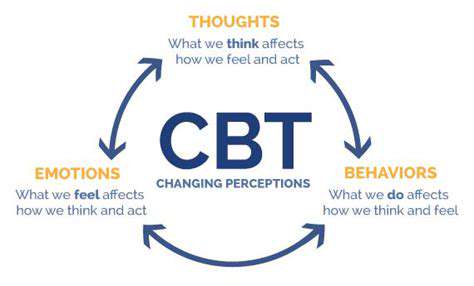
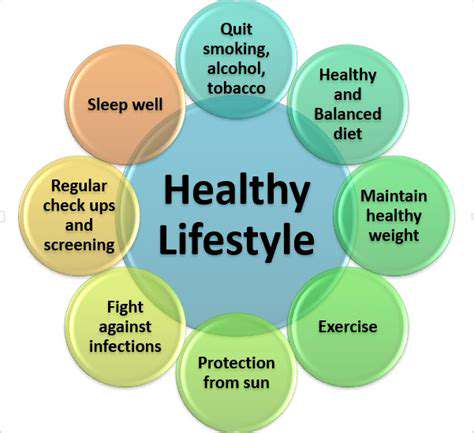




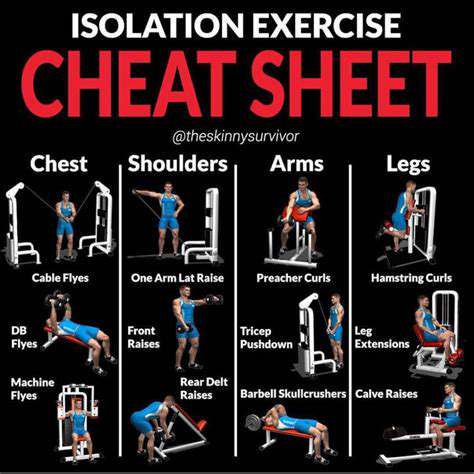

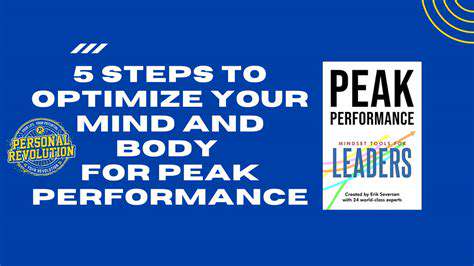
![Health Tips for Women After Menopause [Managing Symptoms]](/static/images/26/2025-07/ImprovingSleepQualityDuringMenopause3ARestorativeStrategies.jpg)